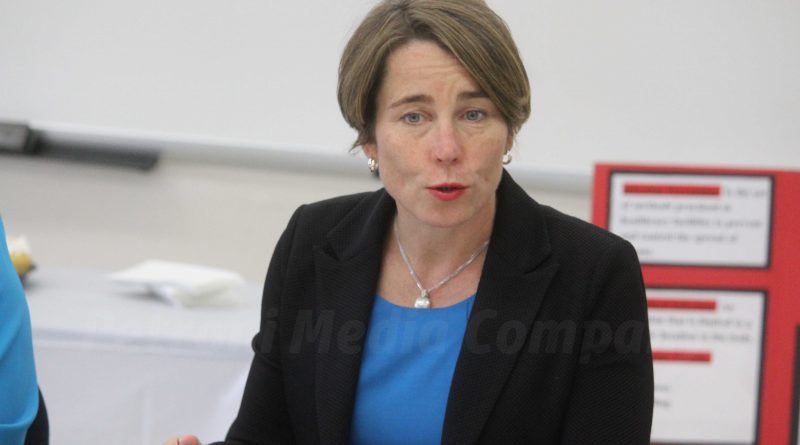[broadstreet zone=”51611″]
BOSTON – “We need a reopening plan built around our most vulnerable students—students of color, immigrants, students with disabilities, and low income students. Inequities in education are at the root of many injustices we face,” said Massachusetts Attorney General Maura Healey today, June 19
Healey’s statement comes as Massachusetts is working to establish guidelines to re-open schools due to the COVID-19 pandemic.
Schools were closed in mid-march, and all learning was online or remote through the end of the 2019-2020 school year
“Children have had their education and their development greatly disrupted this spring. If we don’t take steps right now, we risk significantly impacting another school year of development for our students and deepening the inequities that already exist. We must act now to ensure that our schools, students, teachers, and parents are prepared to meet the new realities in the fall,” said Healey in a statement.
[broadstreet zone=”53230″]
“That starts with funding. We must move forward with full funding of Chapter 70 aid to our schools, as contemplated by the Student Opportunity Act. We also need significant additional resources from the federal government. And we need to make sure that funds go to the schools and students that need them most, and not to wealthier private schools. Districts should be able to distribute CARES Act resources to private schools based on the number of low income students they educate, not their overall school population. This will provide much-needed assistance to our schools to pay for technology and PPE, and ensure that they have the teachers and workforce they need to serve and support students,” said the Massachusetts Attorney General.
“Virtual learning has already exacerbated the inequities that exist in our schools. It’s why we must ensure that every student has a tablet or computer and reliable access to WIFI. We need a reopening plan built around our most vulnerable students – students of color, immigrants, students with disabilities, and low income students. That includes a specific plan to help those students during the summer and when school starts back in the fall,” said Healey.
[broadstreet zone=”59945″]
“I understand that DESE is working on additional guidance around the reopening of schools and hope that they will provide clear information about how to address the inequities that exist while also protecting public health,” said Healey.
“For example, we need to know more about whether specific student ratios make sense, and how the ratios have been developed. Having a diverse set of perspectives involved now will ensure better decisions and better outcomes for our students and their families,” said the state’s top lawyer.
“This is a major challenge, but one we can and must meet. We look forward to working together with all stakeholders to do just that,” said Healey.
[broadstreet zone=”59984″]

